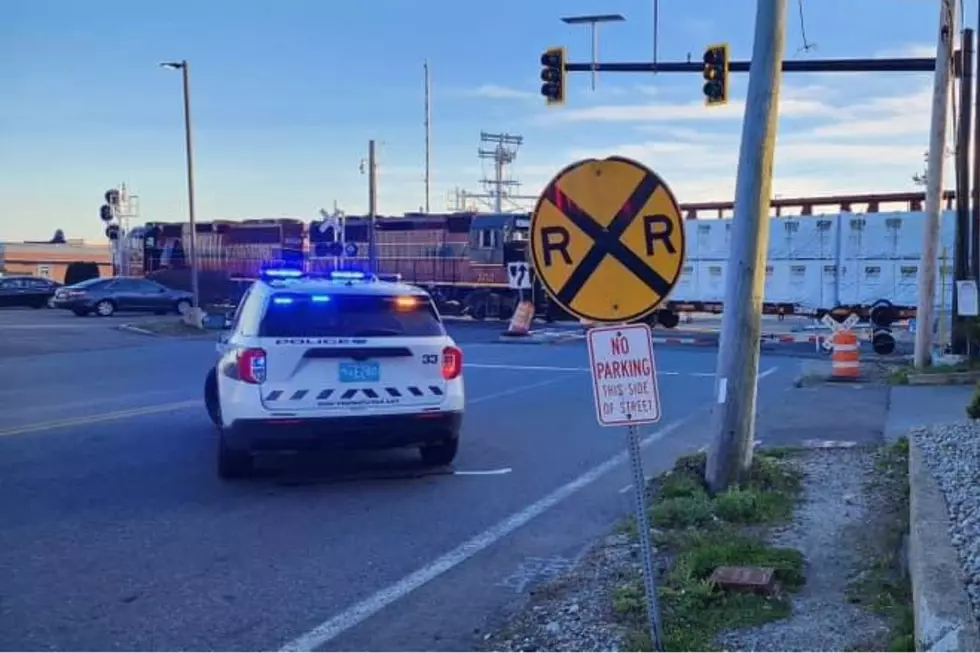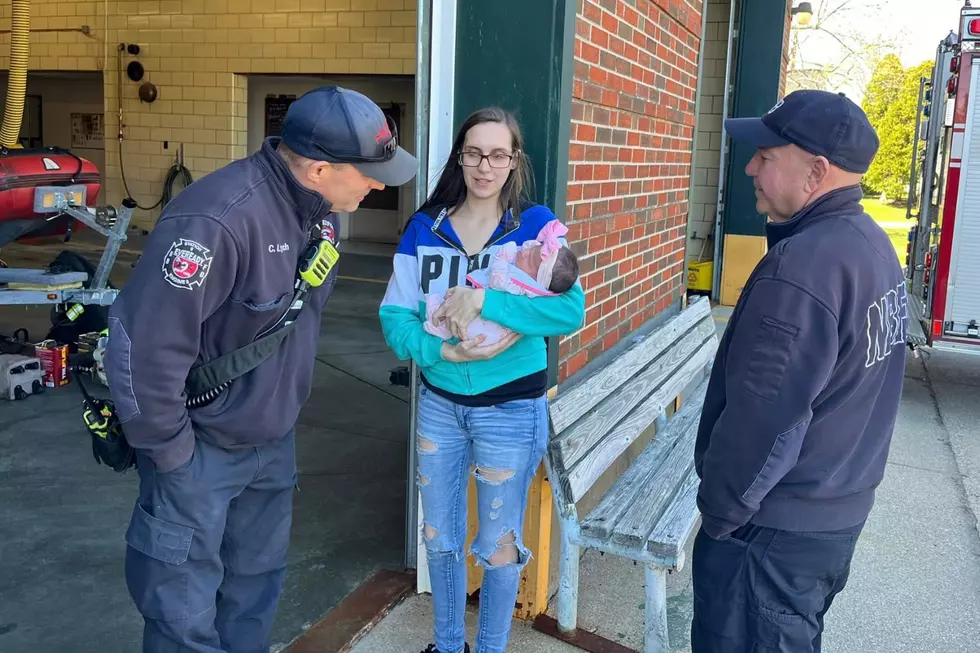
Massachusetts Education Funding Reform Being Debated Today
BOSTON — Hundreds of people — among them, students, parents, educators, the governor, a handful of mayors and four New England Patriots — are expected to flood the State House Friday to have their voices heard on school funding reform.
The lawmakers who will listen to their testimony are facing several questions as they plot next steps in the effort to get a potentially landmark bill to Gov. Charlie Baker's desk this year. Two of the most significant variables remain how fast to go, and where new money comes from.
Members of the House and Senate Ways and Means committees on Monday probed those issues in the context of Baker's education finance plan, one of several proposals the Education Committee will weigh Friday.
The Education Committee plans to hold two hearings on school finance bills, and Friday's is focused on bills that respond to the 2015 recommendations of the Foundation Budget Review Commission, House Chairwoman Alice Peisch said in a recent interview.
The commission found the current school funding formula underestimates costs by $1 billion to $2 billion a year by inadequately accounting for expenses associated with special education, employee health care and educating low-income students and English language learners.
With Baker, lawmakers, educators, and advocates agreeing the formula needs an update, Peisch said her committee is "really committed to getting this issue resolved as soon as possible." However, coming to an agreement has proven difficult, and Peisch said she didn't want to pledge to a specific timeframe.
Expecting a crowd, Peisch said the committee will do its best to accommodate everyone who wishes to speak and will enforce time limits on testimony.
In addition to Baker's foundation budget bill (H 70), Friday's agenda includes alternative plans offered by Rep. Paul Tucker, the committee's House vice chair, and Sen. Sonia Chang-Diaz and Reps. Aaron Vega and Mary Keefe.
Known as the Promise Act, the bill filed by Chang-Diaz, Vega and Keefe is backed by groups including the Massachusetts Teachers Association, American Federation of Teachers Massachusetts, the Massachusetts Association of School Committees and the Massachusetts Education Justice Alliance.
Chang-Diaz's office said hundreds of people plan to testify in support of the bill (S 238, H 586), including New England Patriots players and NFL Players Coalition members Devin McCourty, Jason McCourty, Duron Harmon, and Matthew Slater; Suffolk County District Attorney Rachael Rollins; and mayors Martin Walsh of Boston, Dan Rivera of Lawrence, Alex Morse of Holyoke, Yvonne Spicer of Framingham, Nicole LaChapelle of Easthampton, and William Samaras of Lowell.
The Promise Act calls for funding reforms to be phased in over a period of multiple years, but does not specify an exact timeline. Chang-Diaz, a Jamaica Plain Democrat and past chair of the Education Committee, has estimated the bill could deliver between $900 million and $2 billion in new state funding for schools.
Baker offered a seven-year plan that, by fiscal 2026, would increase the total foundation budget -- made up of both state and municipal contributions -- by $1.1 billion in current dollars.
At a budget hearing in Fall River Monday, some lawmakers expressed interest in a faster timeline.
Rep. Chynah Tyler, in her questioning of Education Secretary James Peyser, asked "why it will take seven years to invest and not one or two years to invest in our students?"
"I'm afraid that our low-income and ELL students of color will be failed again if we aren't aggressive in providing them with opportunities to win, win meaning competing with the students from overseas that are driving Ferraris on Northeastern's campus, one, and two, competing to be included in the industries that are coming down the pipeline," said Tyler, of Roxbury.
Peyser noted the 1993 education reform law that set the funding formula was also phased in over seven years.
"We're trying to do something that's achievable and actionable now, rather than sort of wait for other issues, other fiscal decisions to be made," he said. "We think we can do this with existing revenues, with projected revenues in the future that we can rely on, that we can make a promise that we can deliver today."
Sen. Adam Hinds of Pittsfield, who co-chairs the Revenue Committee, asked Peyser "if you have views on where there might be revenue available, in terms of new revenue that would be appropriate for education, or savings or ways that we can get at this in a quicker timeframe."
Peyser replied, "Not surprisingly, I don't have an answer to that question for you."
"I'm not the [administration and finance] secretary, but I will tell you the reason we are able to put forward the proposal we've put on the table right now is a result of significant savings over the course of the last four years through the management of the MassHealth account, which had been increasing at double-digit rates and is now growing at a rate that's below 2 percent," Peyser said.
Beyond funding questions, others at Friday's hearing plan to hit on points related to accountability.
The group Massachusetts Parents United plans to bring more than 200 parents from across the state, who will speak to issues including transparency and accountability, improving teacher quality and teacher diversity, more learning time and "21st Century Buildings and Equipment."
The Massachusetts Business Alliance for Education also plans to testify.
On Wednesday, the alliance delivered to lawmakers a letter -- signed by advocates and business leaders including James Rooney of the Greater Boston Chamber of Commerce, Rick Lord of Associated Industries of Massachusetts, Jay Ash of the Massachusetts Competitive Partnership, Eileen McAnneny of the Massachusetts Taxpayers Foundation, Boston City Council President Andrea Campbell, and former Red Sox President Larry Lucchino -- spelling out its asks in an education funding reform bill.
The signatories pledge support for a bill that includes equitable funding, a focus on outcomes and evidence, "transformative school leadership," enhanced tools and resources for state partnerships, data transparency, pathways to college success and employment, "unleashing educator innovation," and "innovations in governance and educator autonomy."
Edward Lambert, the alliance's executive director, said the letter aims to "get home the point from a broad range of constituencies that this debate cannot be about money" alone.
"Just putting money into the system and keeping our fingers crossed that it's going to work is a terrible strategy," he told the News Service. "We've got to make sure that we not only change the funding formula, but we change how we educate and how schools perform."
More From WBSM-AM/AM 1420









